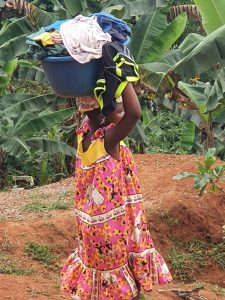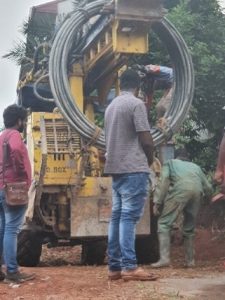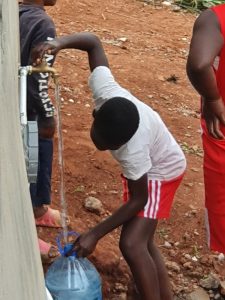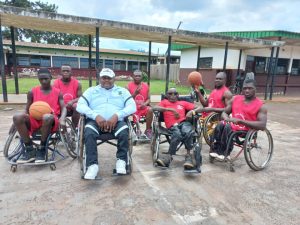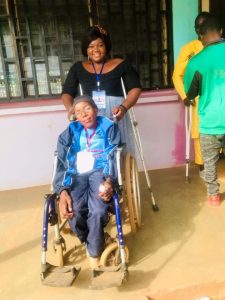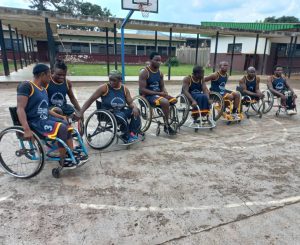Authors:
Julie MacLeavy, Professor of Economic Geography, University of Bristol
David Manley, Professor of Human Geography, University of Bristol
Jamie Evans, Senior Research Associate, University of Bristol; and
Katie Cross, Senior Research Associate, University of Bristol
COVID brought rapid and lasting economic change around the world. But in the UK, the level of impact depended on where you lived when the virus arrived.
Our research shows that the economic difficulties experienced during periods of social restrictions were particularly stark for those in deprived neighbourhoods.
During the first national lockdown, for example, we found that 23% of people in the most deprived parts of the UK were unable to afford day-to-day expenses or to save for the future. Food bank usage was reported at 9%. In the least deprived places, those figures were 6% and 0.5% respectively.
The impact on employment followed a similar pattern, with 10% of workers from the most deprived areas experiencing a job loss in the early months of the pandemic, compared with only 4% in the least deprived areas. Overall, the people who live in the UK’s most deprived neighbourhoods fell further behind through the pandemic.
This corresponds with previous data that lays bare how being poor limits a person’s ability to cope with – and recover from – abrupt changes in economic conditions. Mostly, this stems from a lack of capacity to soak up financial shocks (having savings, for example) and from the nature of state welfare provision.
With COVID, the sudden restrictions placed on the labour market, alongside an absence of childcare, placed many in uncharted waters. Among them, single-parent households were much more likely to have experienced job loss or a reduction in working hours.
A report by the independent Women’s Budget Group found that the socio-economic effects of COVID were particularly severe for women with disabilities, women from minority ethnic groups, and women of migrant status. Again, this underlines how the pandemic exposed and amplified existing vulnerabilities.
In terms of emergency support, the temporary universal credit increase (which provided an additional £20 a week to the standard allowance) helped to reduce overall inequality. And the furlough scheme (plus similar support for the self-employed) reached many in potential difficulty – but not all.
Brought in to prevent potential mass unemployment and pay workers a replacement wage, these policies excluded many in the most precarious positions, including an estimated three million on zero-hour contracts, agency workers and the newly self-employed.
But those eligible for employment support were not immune from difficulty. About one-third of the 11.2 million workers furloughed saw their income fall below the official low-pay threshold. A further 6% ended up behind with their bills as a result of large income falls, high expenses and low savings.
Filling the gaps in state support were family, friends and community groups, many of which were set up in direct response to the pandemic. Informal transfers of money from these sources were common for those on the lowest incomes, regardless of where they lived.
Continued risk
This highlights a failure of state support to fully mitigate the effects of COVID restrictions for those facing financial, food and housing insecurity. Despite the government spending over £70 billion on emergency financial assistance, a combination of insufficient payments and problems of access left many reliant on informal forms of support. In addition, there is evidence that the stigma surrounding benefits put a lot of people off applying for help, even when they really needed it.
Our analysis found that working-age adults were more likely to have received financial support from family or friends (8%) than apply for universal credit (4%). We also found that this kind of reliance was more likely among those who had been furloughed than those who had continued working through the pandemic, and even more widespread for those who had lost their job, suggesting that the furlough scheme, while not perfect, was better than mass job losses.
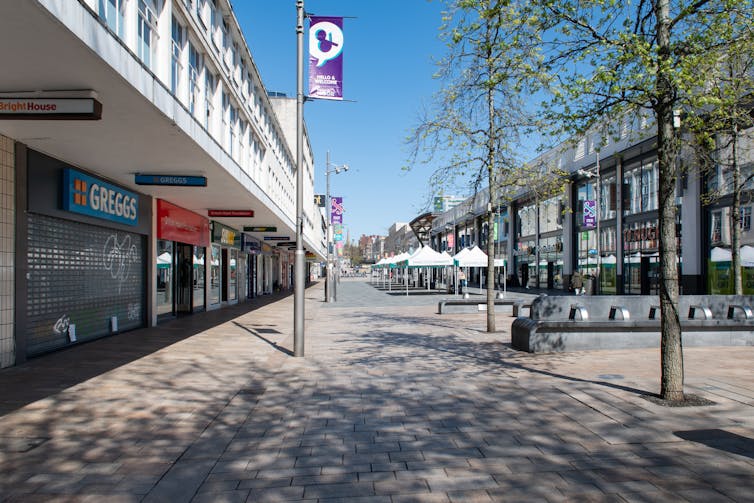
Today, while the worst effects of COVID seem to be behind us, the risks of job losses, business failures and debt defaults remain. In the UK, recession is expected, inflation is high, and energy bills are soaring. Of particular concern are those for whom the pandemic has increased their financial vulnerability. They are not well placed to weather this coming crisis.
Rather than scale back state financial support, the government needs to ensure the poorest and most vulnerable are protected. In doing so, they would guard against the scarring effects of unemployment and debt.
There is also a role for targeted regional investment. The financial impacts of the pandemic were most keenly experienced by those in places with long histories of deeply entrenched disadvantage. Without help, the hardship and insecurity wrought by the pandemic risks becoming ingrained, and with it, the geographical concentration of poverty that our analysis has uncovered.![]()
Julie MacLeavy, Professor of Economic Geography, School of Geographical Sciences, University of Bristol
David Manley, Professor of Human Geography, School of Geographical Sciences, University of Bristol
Jamie Evans, Senior Research Associate, School of Geographical Sciences, University of Bristol; and
Katie Cross, Senior Research Associate, School of Geographical Sciences, University of Bristol
This article is republished from The Conversation under a Creative Commons license. Read the original article.


